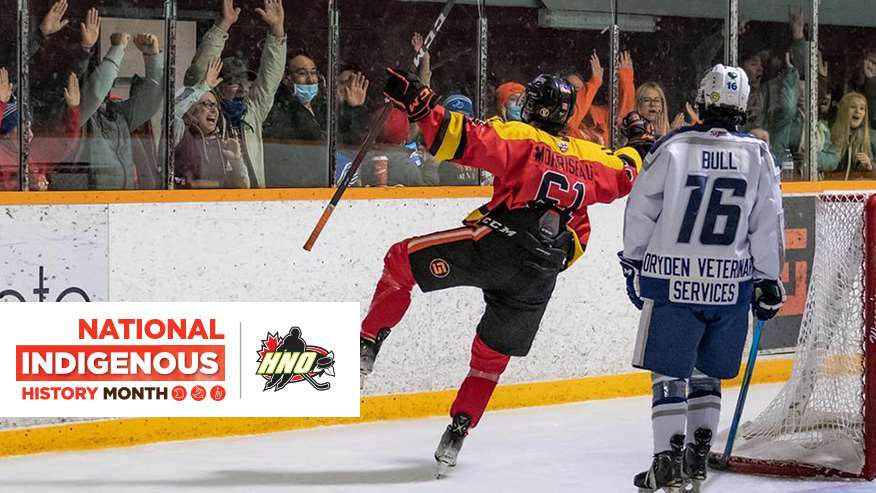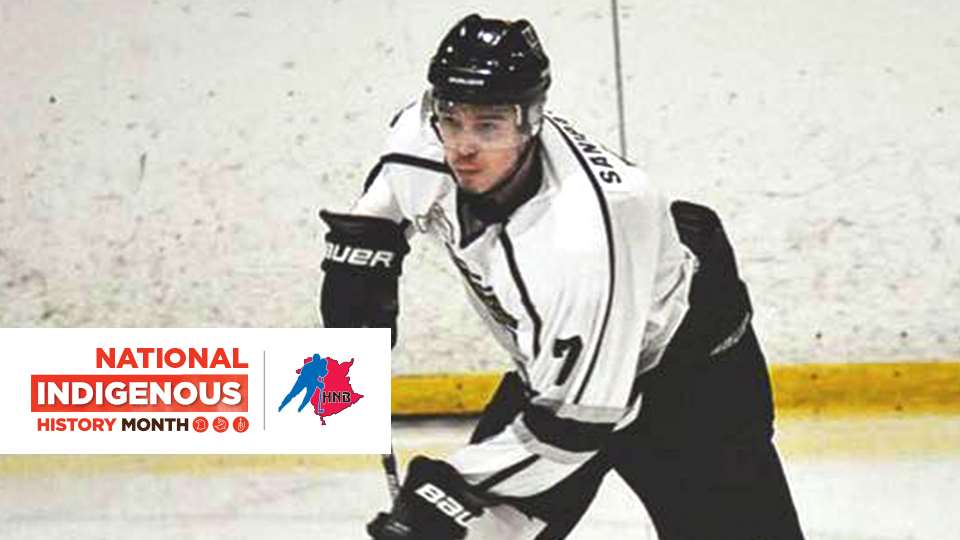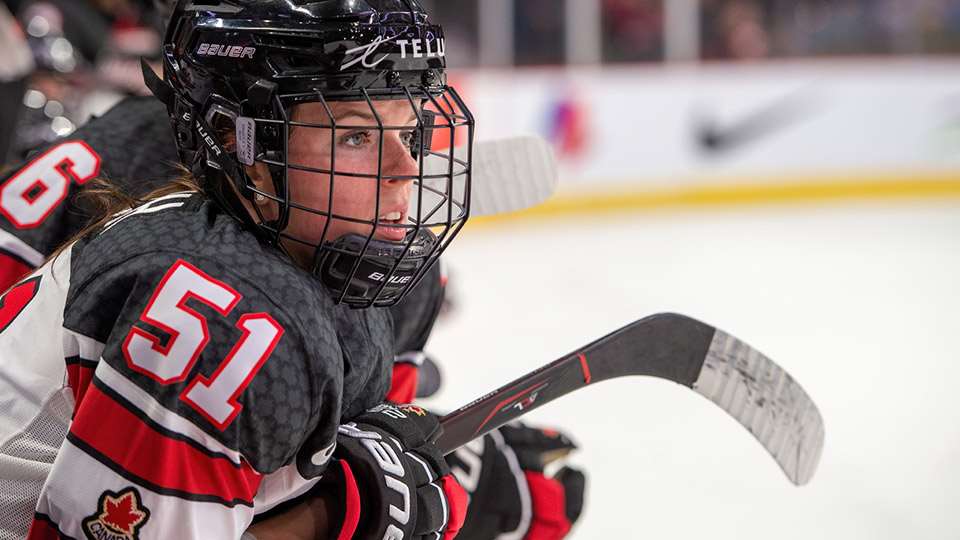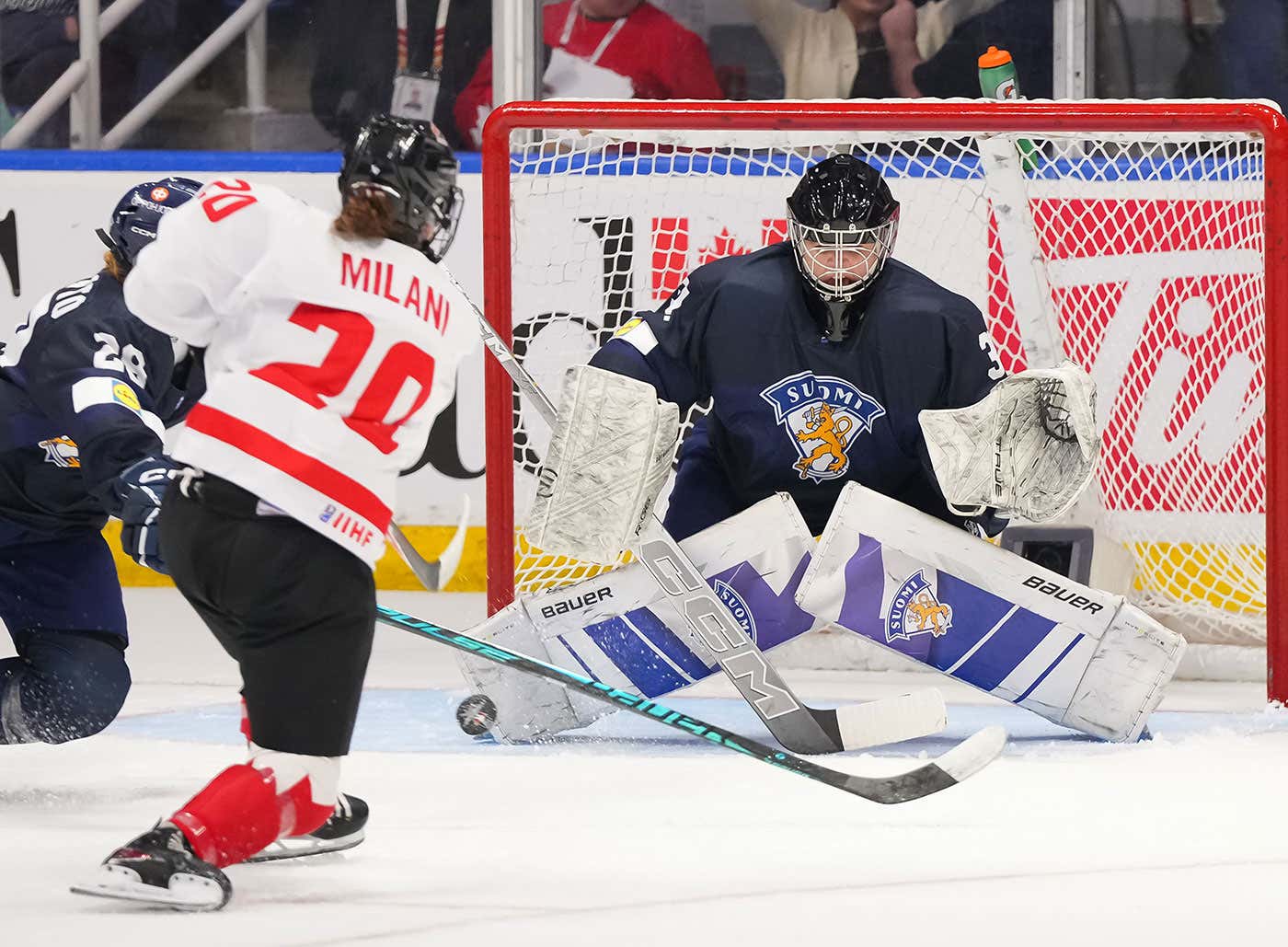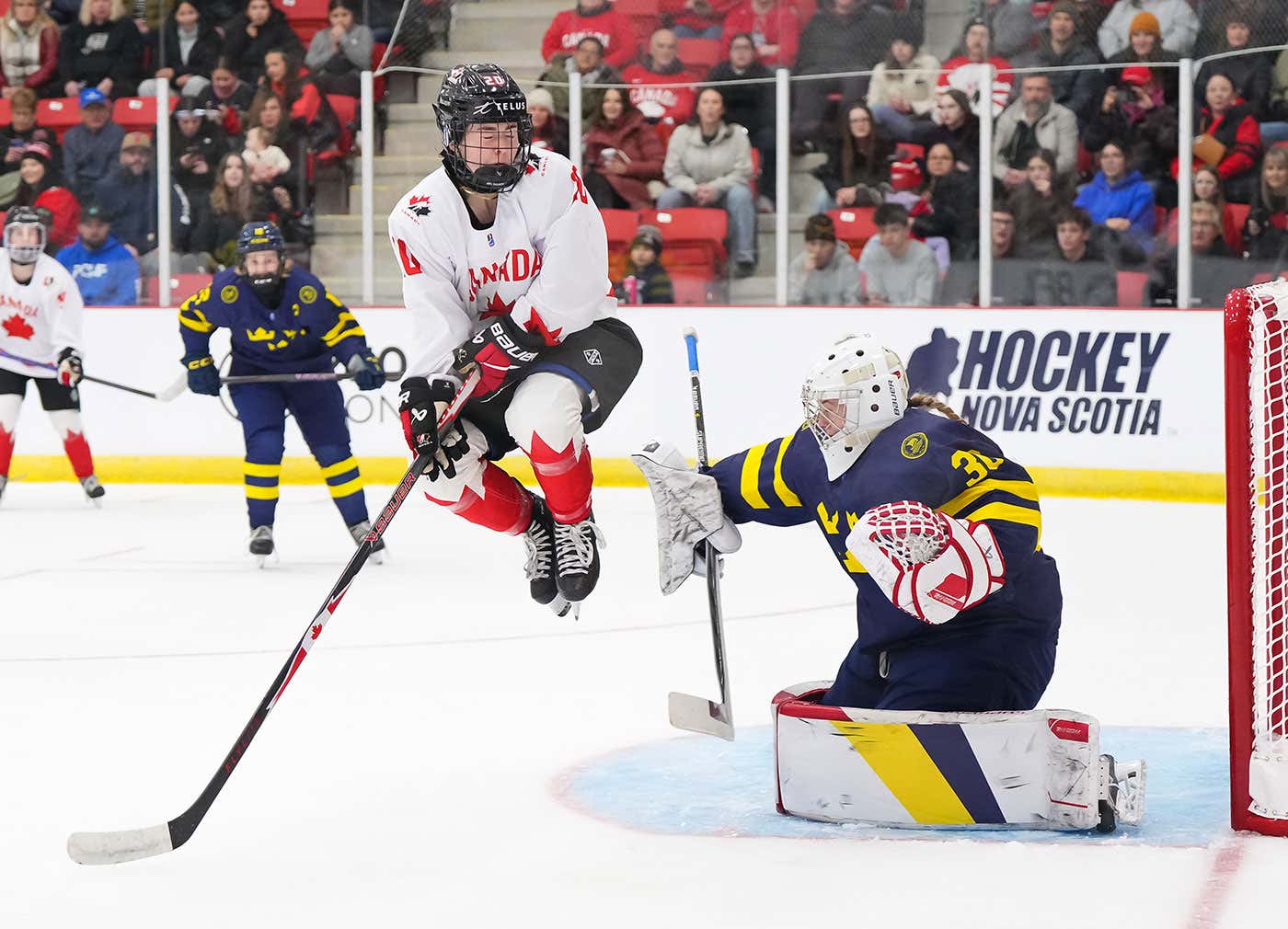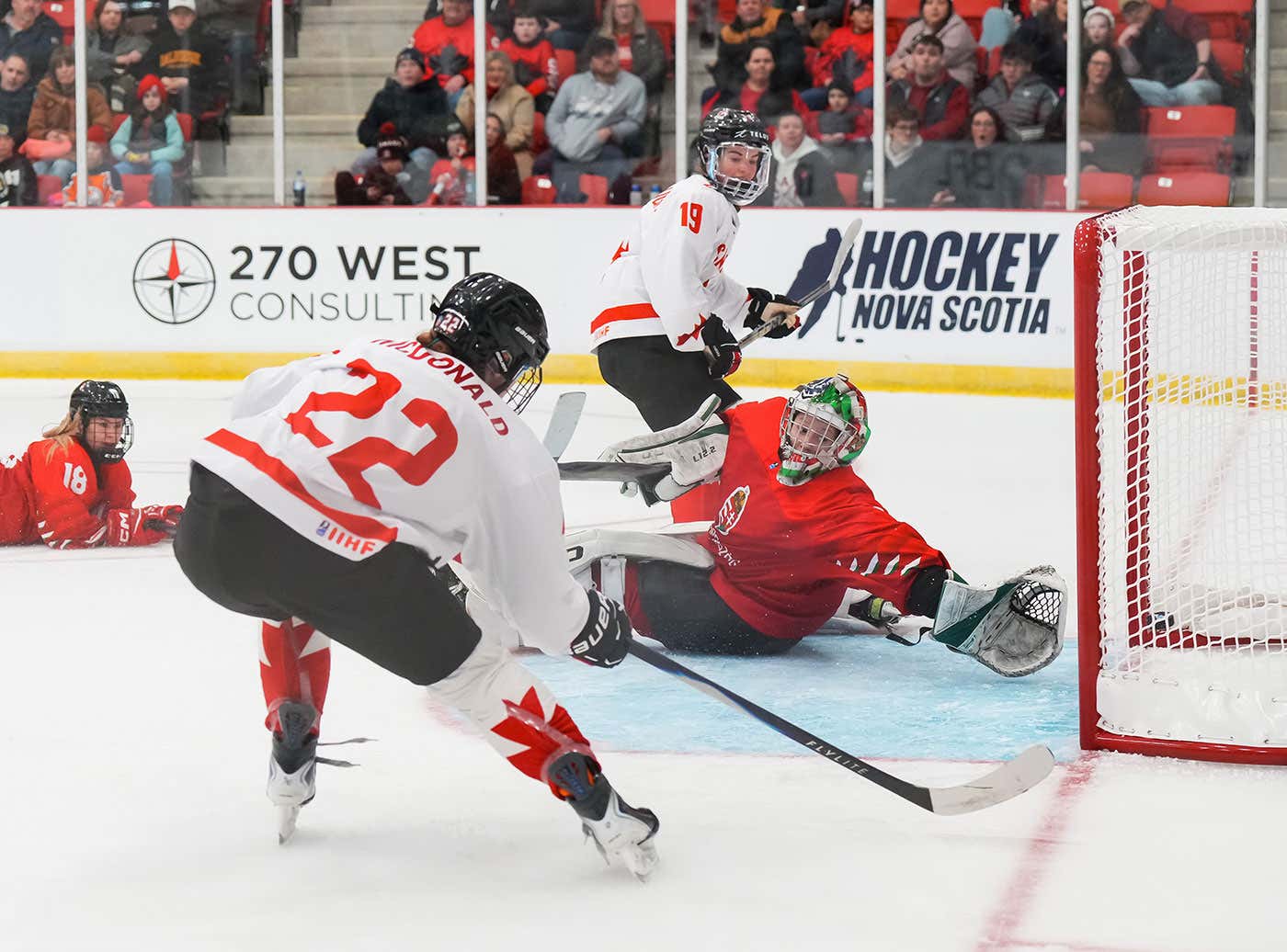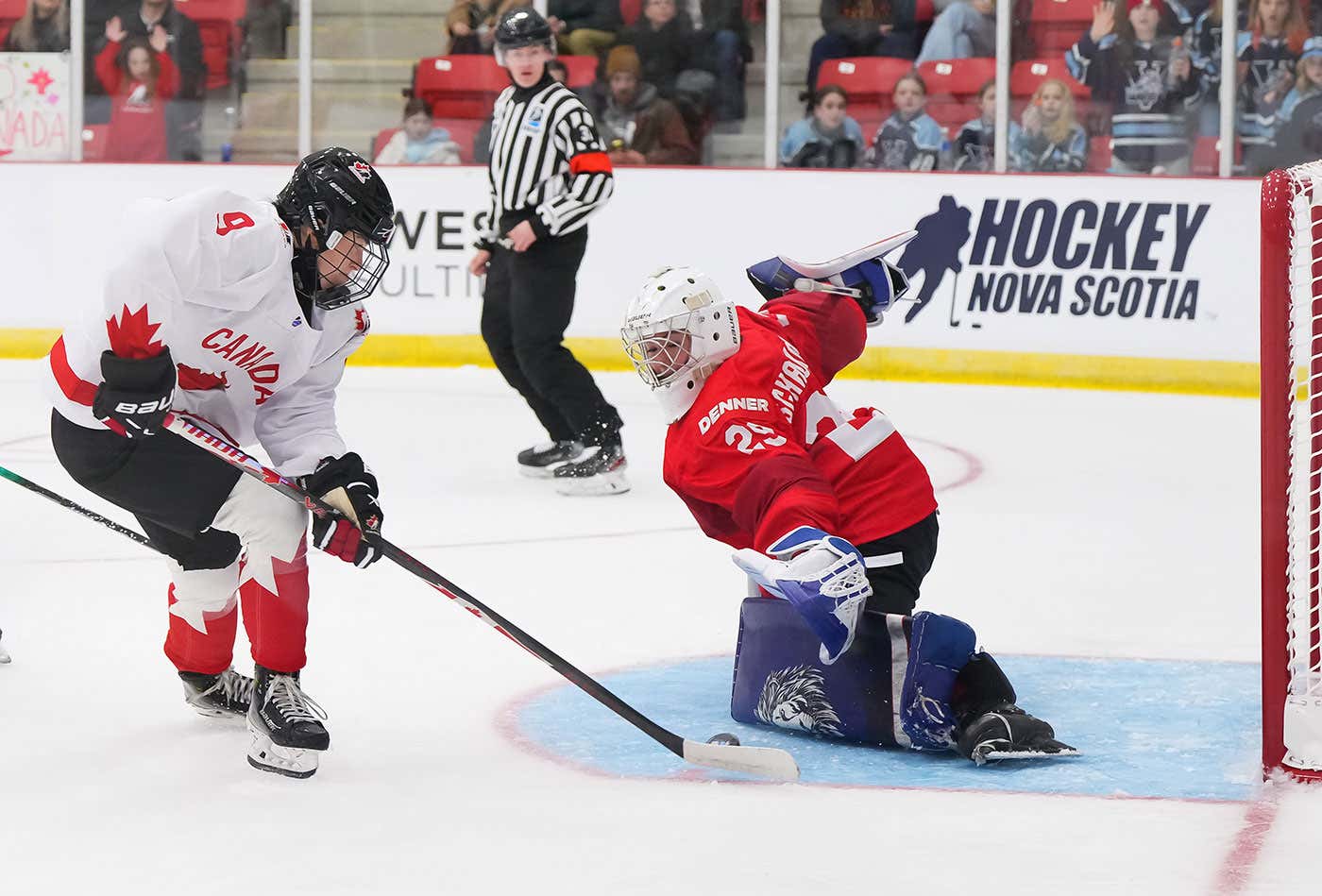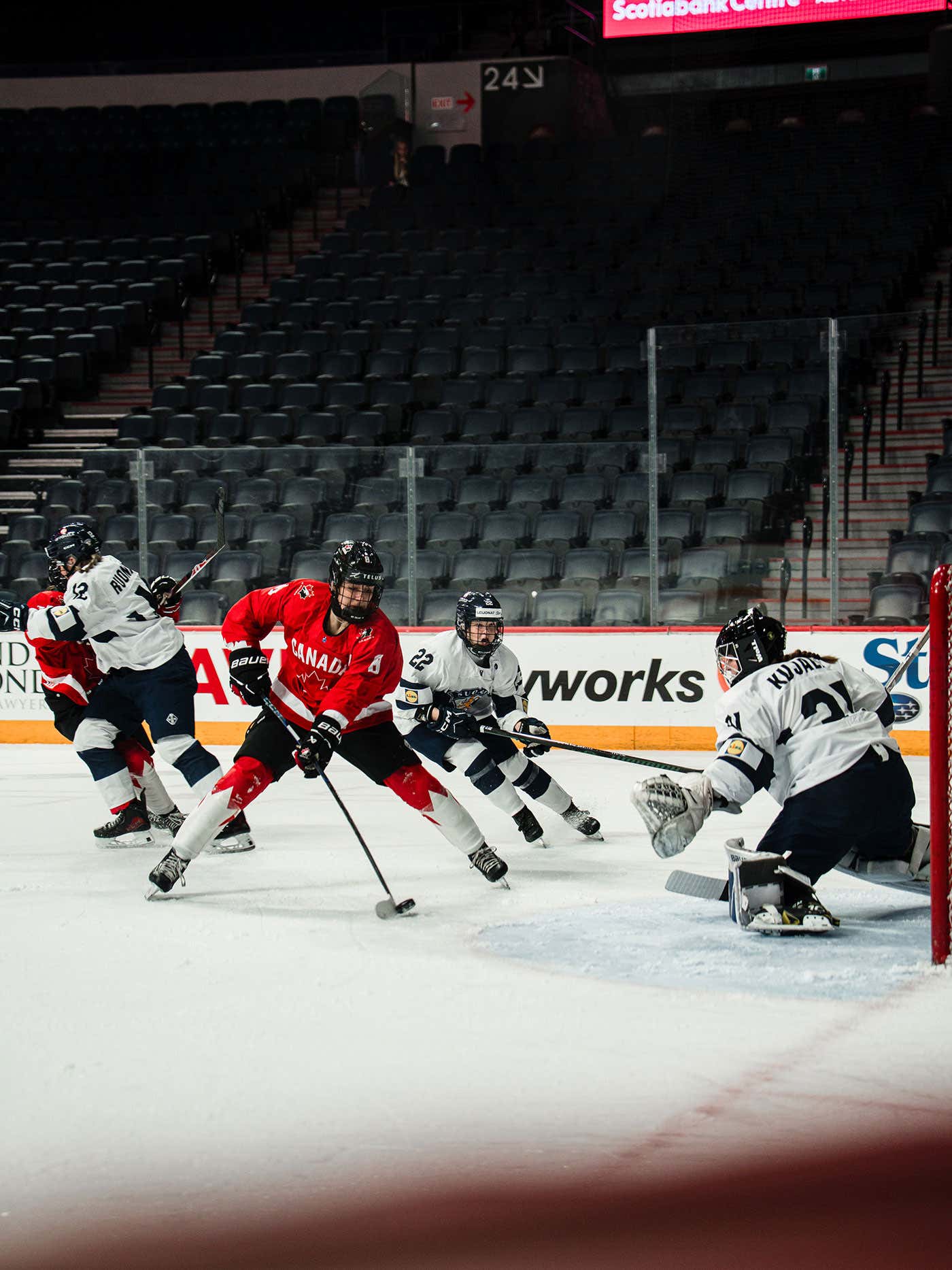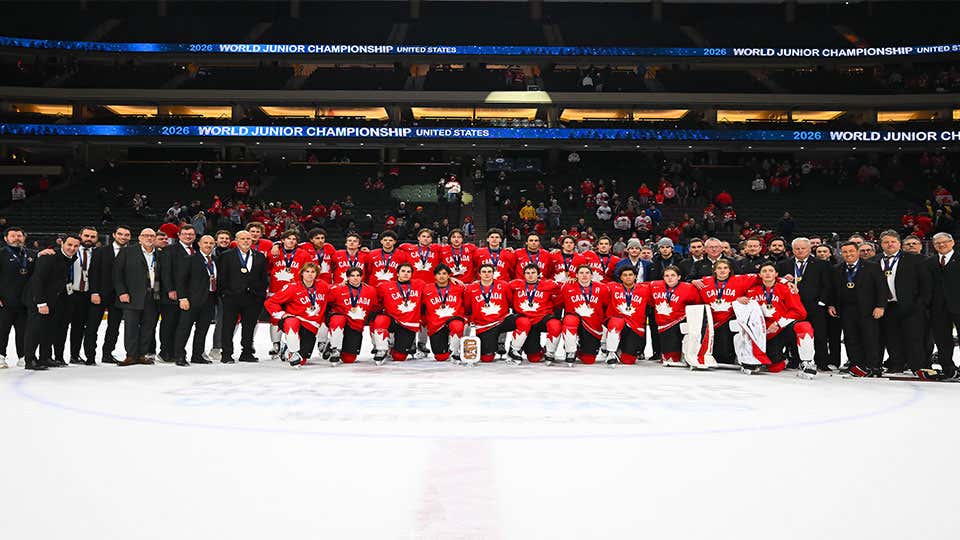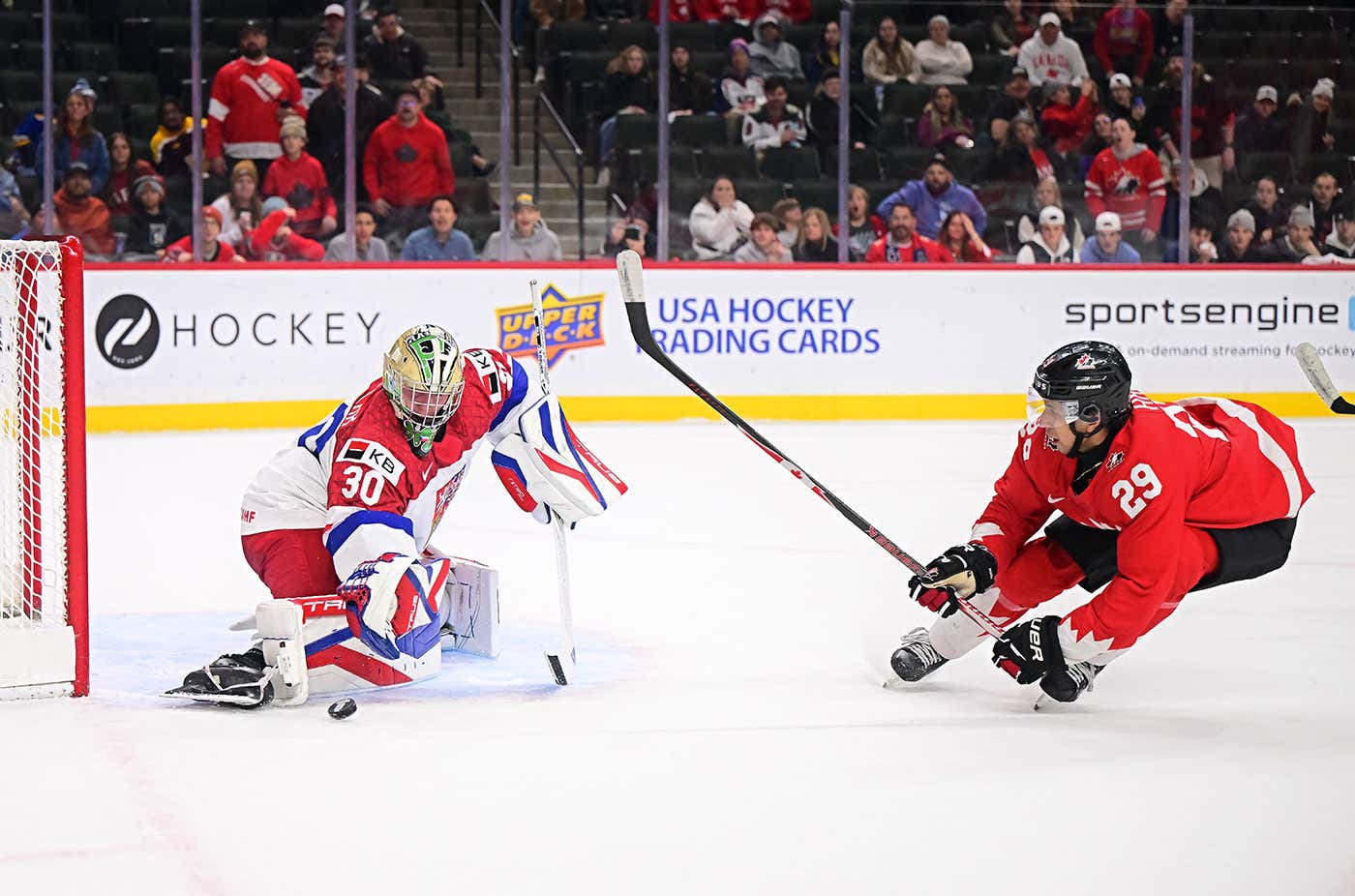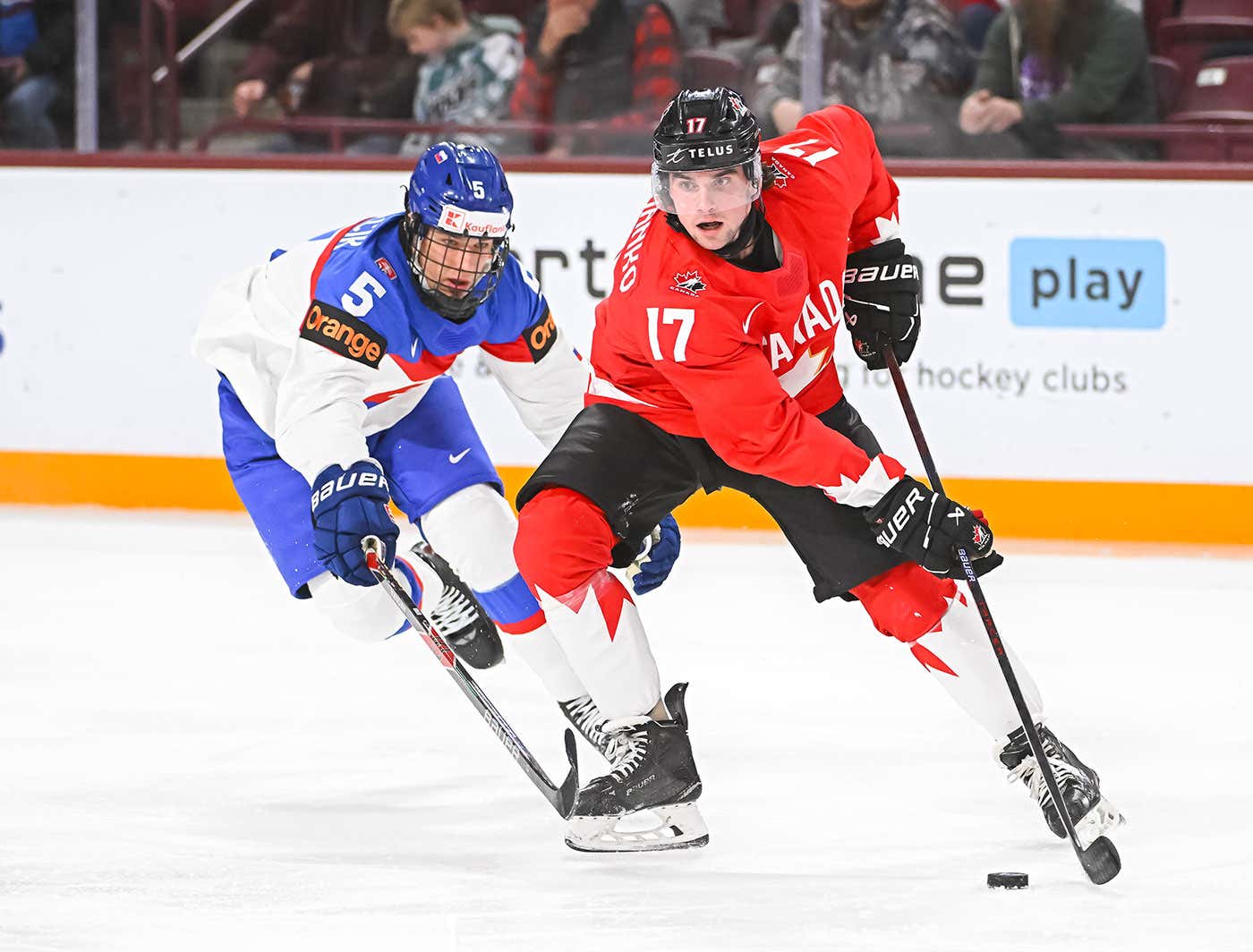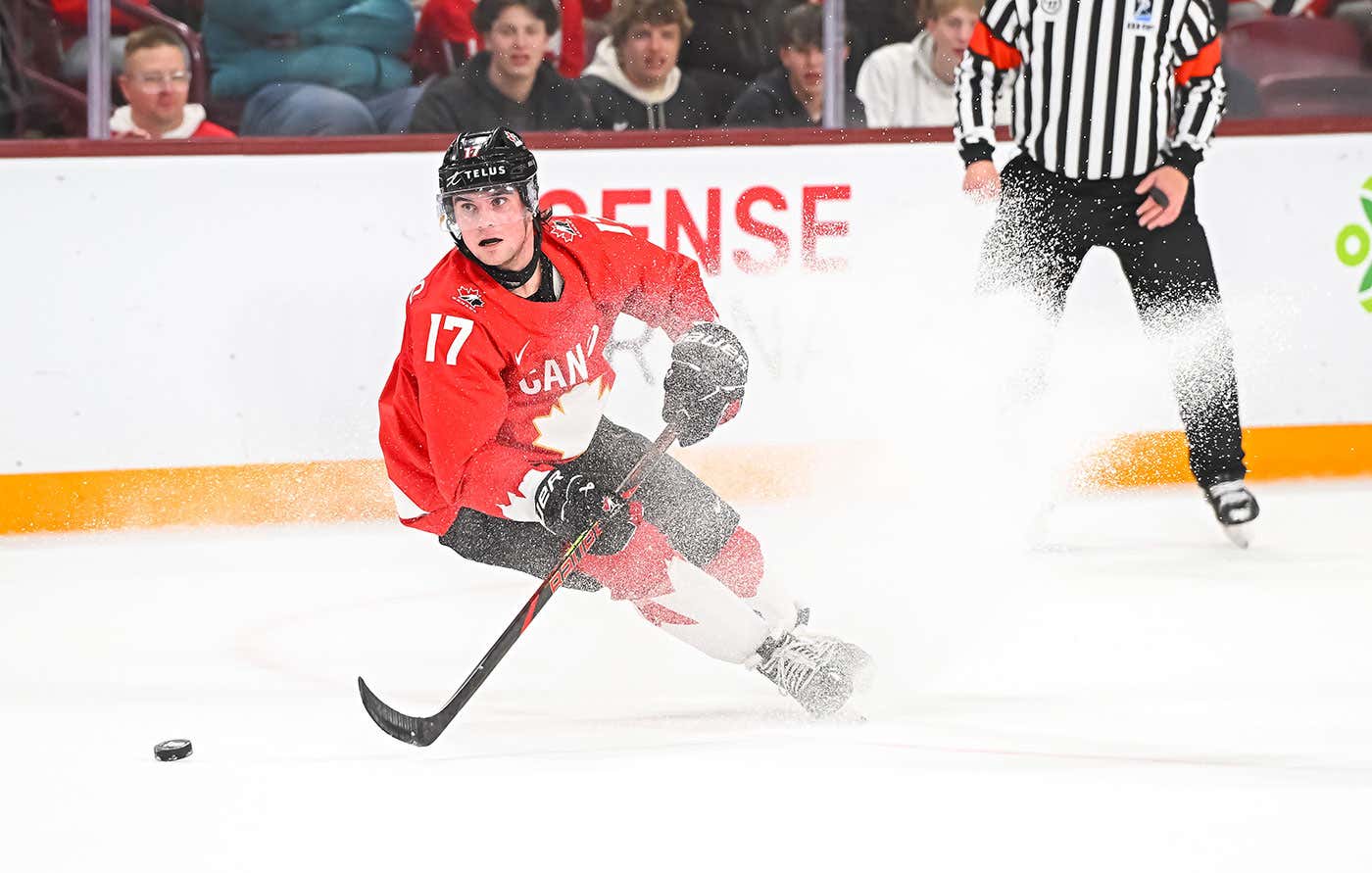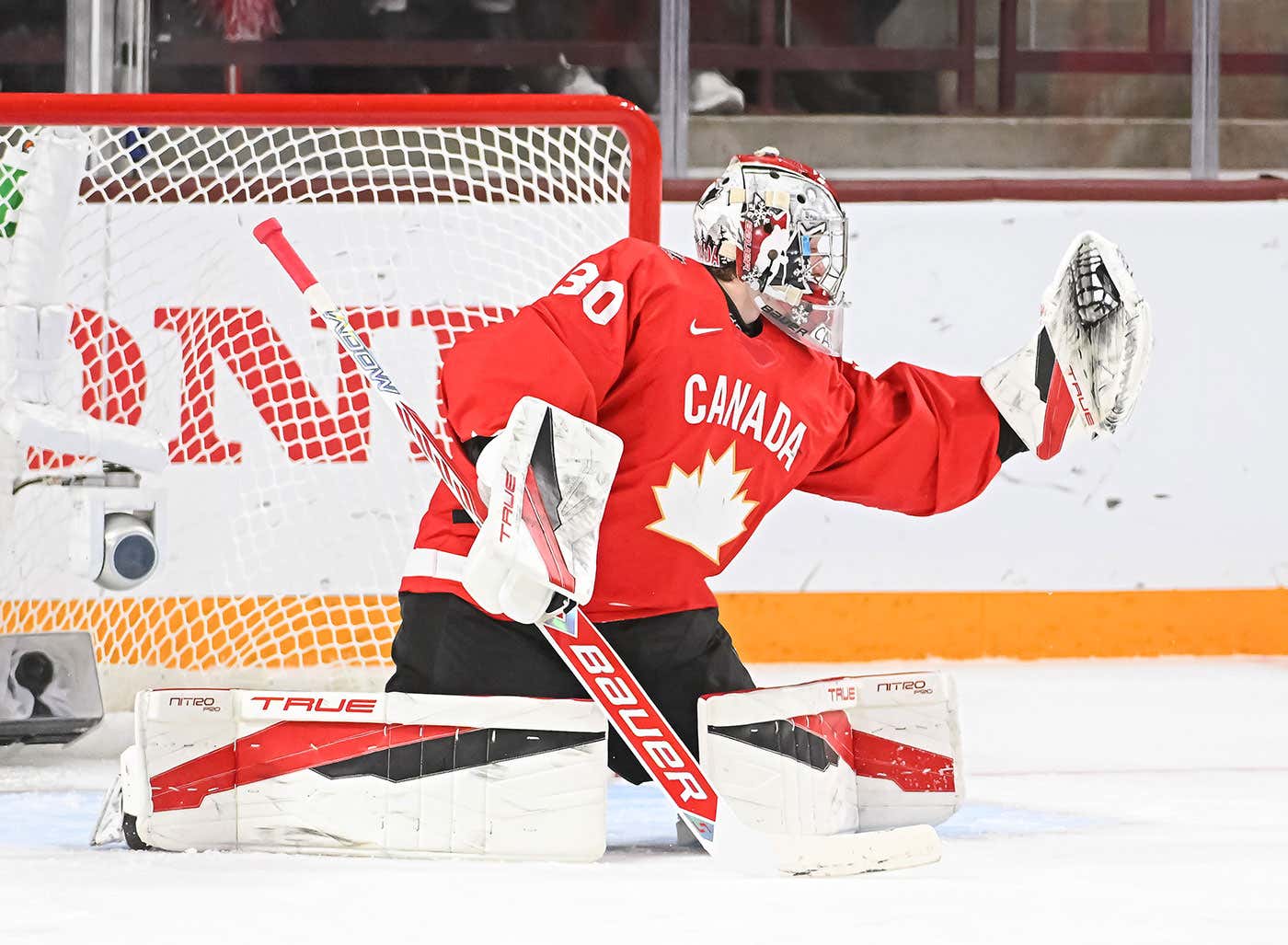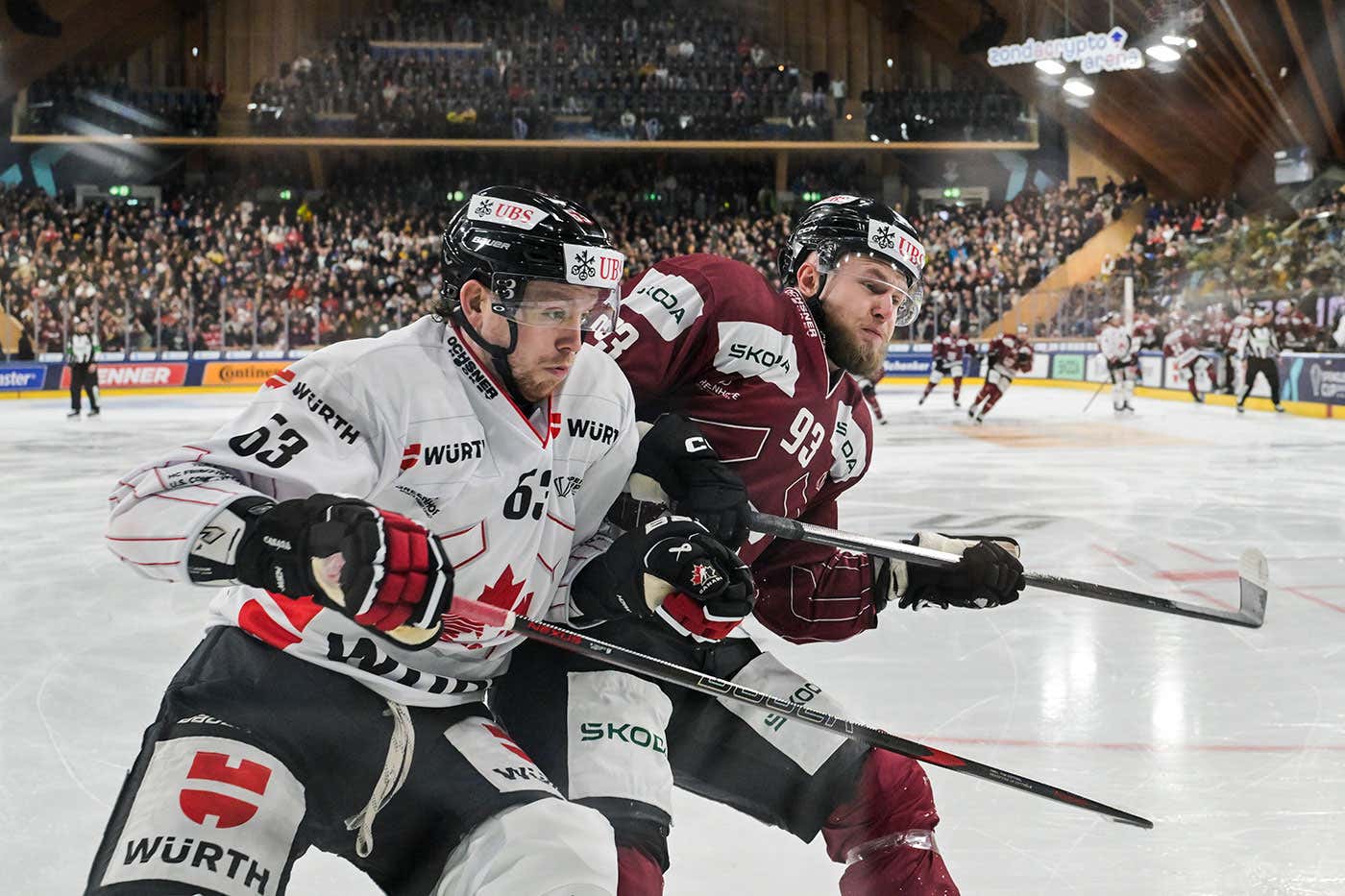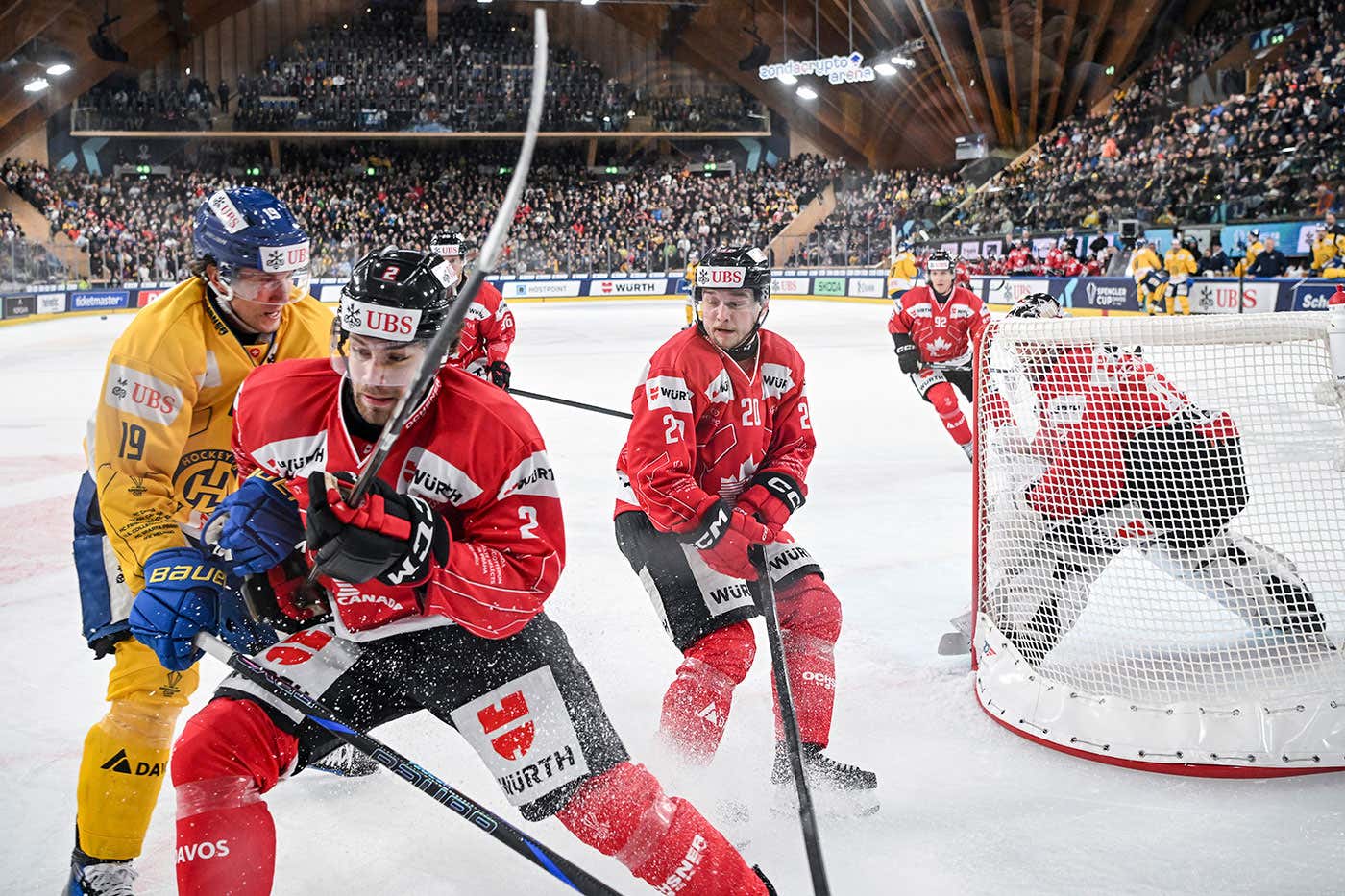
Schedule
Team Canada (Men)
2026 Olympic Winter Games | Feb. 11-22, 2026
IIHF U18 Men’s World Championship | Apr. 22 - May 2, 2026
IIHF World Championship | May 15-31, 2026
Junior A World Challenge | Dec. 7-13, 2025
U17 World Challenge | Nov 2-8, 2025
IIHF World Junior Championship | Dec. 26, 2025 - Jan. 5, 2026
Spengler Cup | Dec. 26-31, 2025
Search
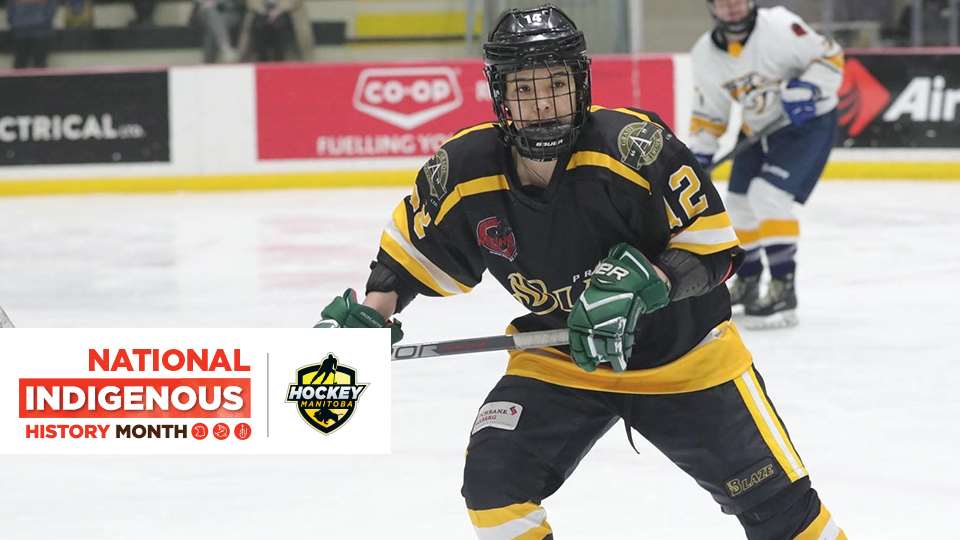
Finding new ways to win
Ready for the next step in her hockey journey, Keyanna Lea is embracing being behind the bench and serving as a role model for young Indigenous players

Keyanna Lea has been doing a lot of winning lately, both on the ice and behind the bench.
The 21-year-old from Berens River First Nation won the Manitoba Women’s Junior Hockey League (MWJHL) championship with the Prairie Blaze this past April and was named playoff MVP after registering 13 points (7-6—13) in eight playoff games.
Just over a month later, Lea was an assistant coach with Team Manitoba as it took home a gold medal at the 2022 National Aboriginal Hockey Championships (NAHC) in Membertou, Nova Scotia. It was Lea’s first time coaching the provincial team after winning back-to-back gold medals as a player in 2017 and 2018.
“It was definitely a different perspective for me. Going back there was an unreal experience because last time I was there I was playing (in 2018) and we won the gold,” Lea says. “It was hard for me to transition with the nerves and the feelings more so because I was feeling what the girls were feeling but as a coach, you don’t want to show the emotions. Being a coach was definitely a humbling experience and let me tell you, being in that gold medal game, it was so hard to be a coach because all you want to do is go out there and play yourself, but the girls made my job easy by doing what was asked of them from the coaching staff.”
Lea’s hockey odyssey has been interesting, to say the least.
After suiting up for the Varsity Prep team at Balmoral Hall in her Grade 11 year in 2016-17, Lea and her twin sister Keyara were approached to move to Boston to play for the Shamrocks in the Junior Women’s Hockey League (JWHL), the same league that Balmoral Hall plays in. Keyanna had a solid 2017-18 season for Boston, scoring 11 goals and adding four assists in 22 games.
Following high school graduation in 2018-19, the sisters were close to committing to play for the University of Manitoba, but they ended up going back to the JWHL to play for the New England Hockey Club.
They returned to Winnipeg after one season in New England and Lea was offered a job as a support worker with Shawenim Abinoojii, a not-for-profit organization in Riverton, Man., that works with First Nations children and families.
She plans on playing one more year with the Blaze, but knows her elite playing days are numbered – hence the transition to coaching.
“After the coaching experience at NAHC, I’ve realized that I do fit in this kind of area so I would love to pursue coaching more. With my job, I’m able to set time aside.” she says.
Lea gives full credit to Dale Bear, her head coach with the Blaze and the long-time head coach of Team Manitoba at the NAHC, for not only encouraging her to pursue coaching, but for the tremendous impact he has had on her hockey career, both on and off the ice.
Lea had previously helped Bear with Team Manitoba tryouts as an on-ice instructor and bench coach, so when he asked Lea to be his assistant coach, the decision to accept was not a hard one.
“Kind of since Day 1, (Dale) has been someone that I have looked up to in terms of him allowing me to be the player that I wanted to be,” Lea says. “He listened to me. He gave me constructive criticism. He gave me the feedback that I needed as a player and as a person. I have always felt close to him. He has always been there for me. It’s hard for me to look at him as a coach because of the things he has done for me in my hockey career and in life. He brought me to my full potential.”
Bear has always seen natural leadership qualities in Lea, which is one of the reasons he nudged her to get behind the bench this past season.
“Keyanna always talked about giving back so I brought up coaching with her and she jumped at the opportunity,” Bear says. “Keyanna displays great leadership when she plays, and that type of leadership is what we want in our coaches that coach in our program. She is very focused, but most of all she has a big heart and knows exactly what is going through these young players' minds, which is a huge benefit for our players and myself having her on the bench.”
Lea has her Coach 1 certification through the National Coach Certification Program, and she plans on obtaining her Coach 2 certification this coming season. She was recently approached to coach a U9 team in Riverton next season.
“I would love to go back home and provide an experience for those young kids like I had,” she says. “Hockey has taken me as a player everywhere, so wherever the coaching may take me, if it’s in the Interlake, in Manitoba, wherever it takes me, I would go.”
To say that hockey has come full circle for Lea would be cliché, but also accurate, as she focuses on the next chapter of her hockey career and giving back to her community.
“Keyanna takes a lot of pride in her Indigenous ancestry and displays hard work and a great attitude,” Bear says. “These traits are exactly what we want to instill in our young Indigenous athletes. In most cases Indigenous players feel left out or intimidated to attend tryouts/camps, but with more Indigenous coaches this will help bring more Indigenous players to programs that didn't really have that diversity on their teams or leagues.”
For more information: |
- <
- >

















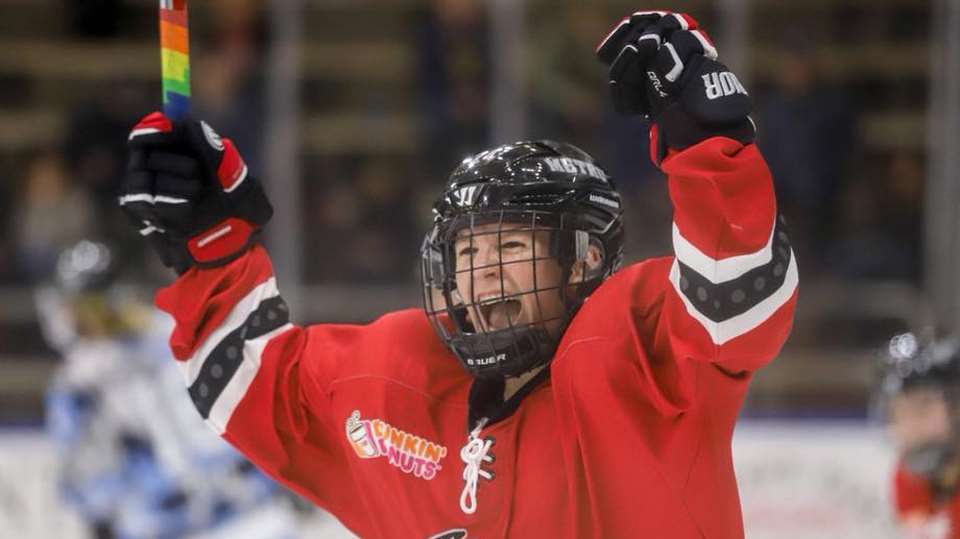
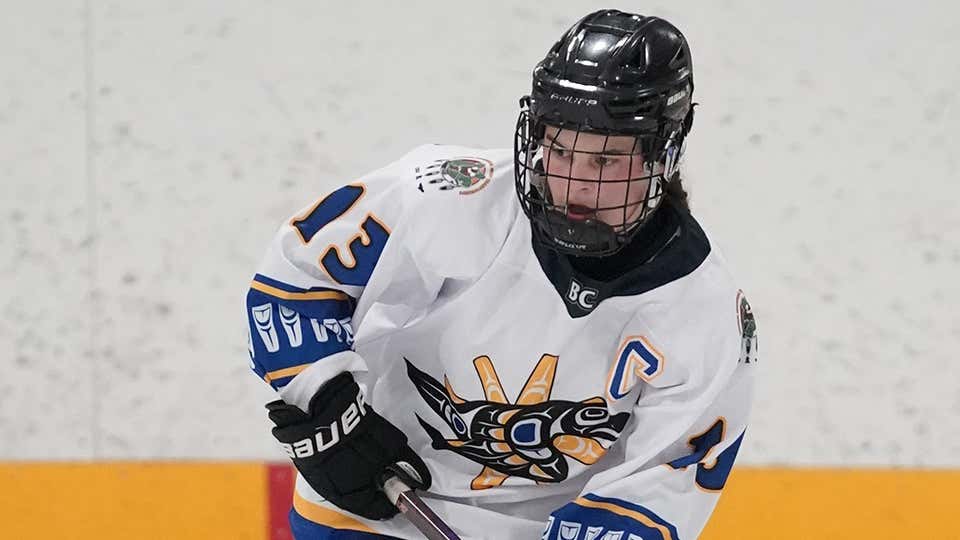
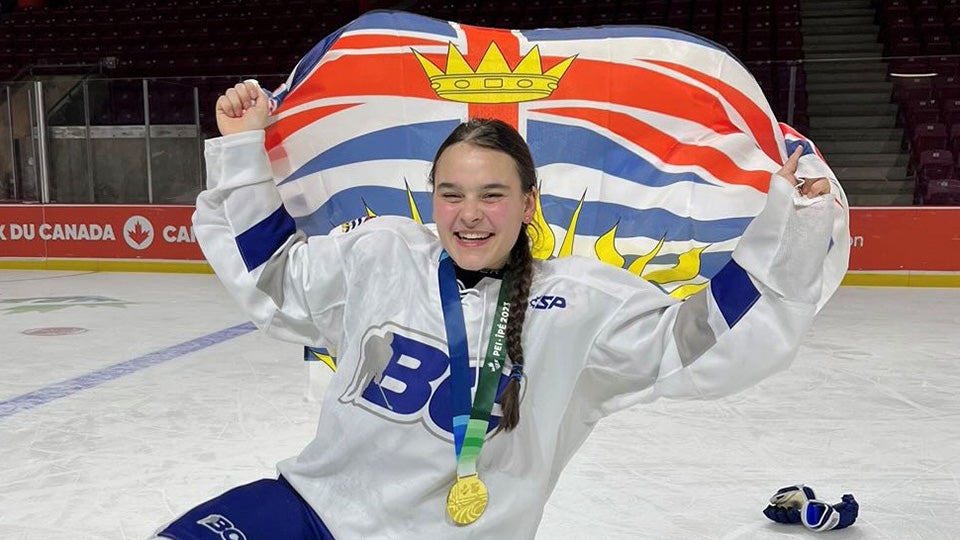
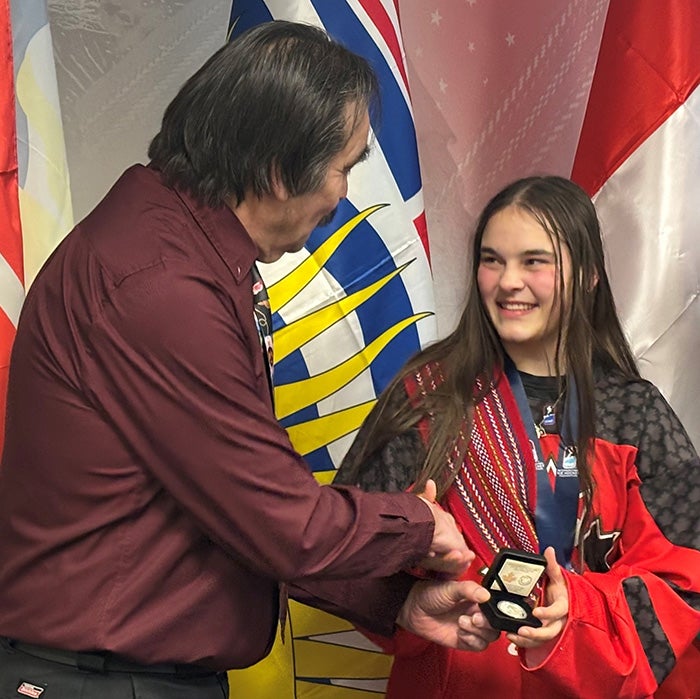
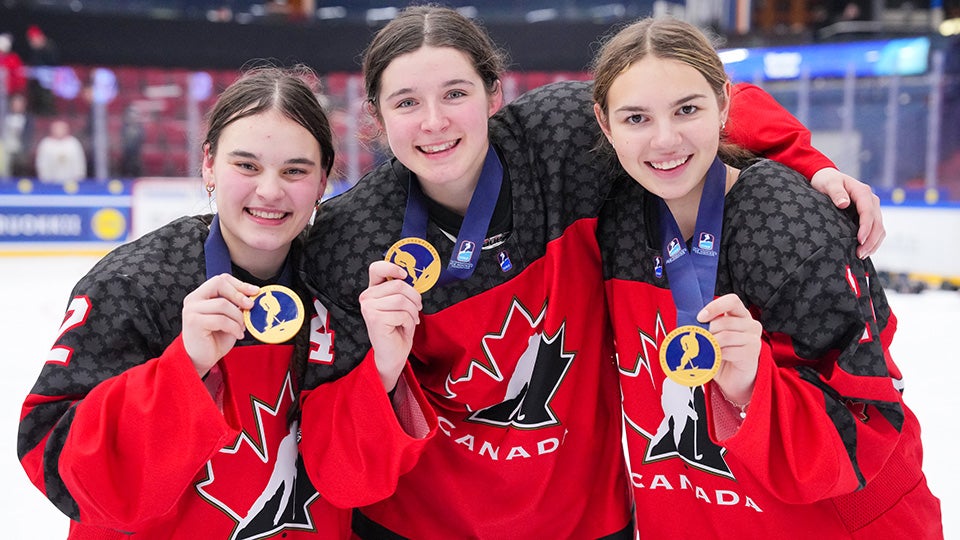
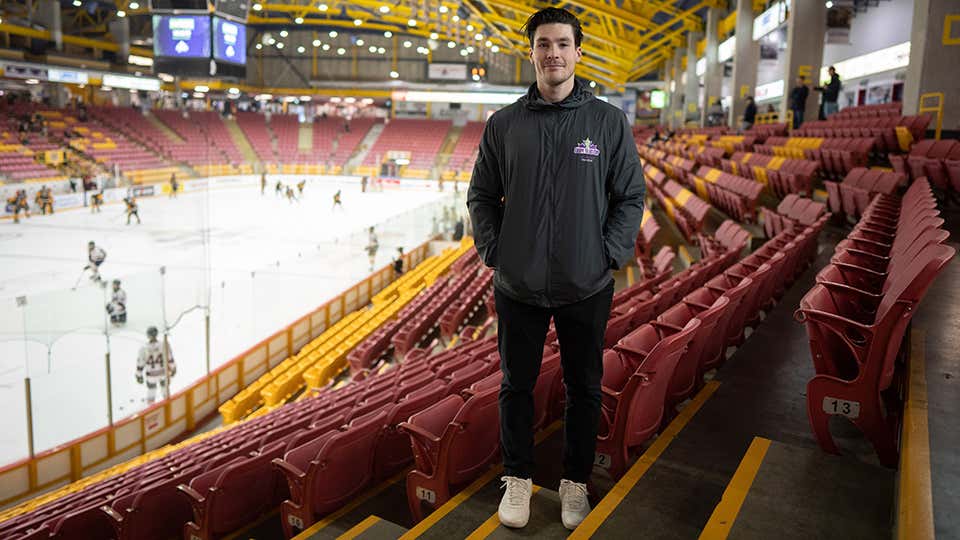
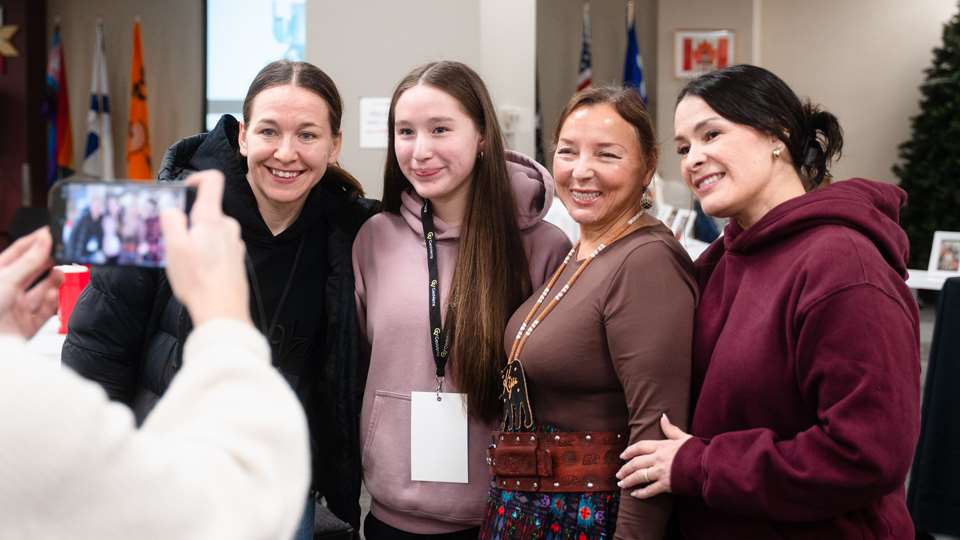
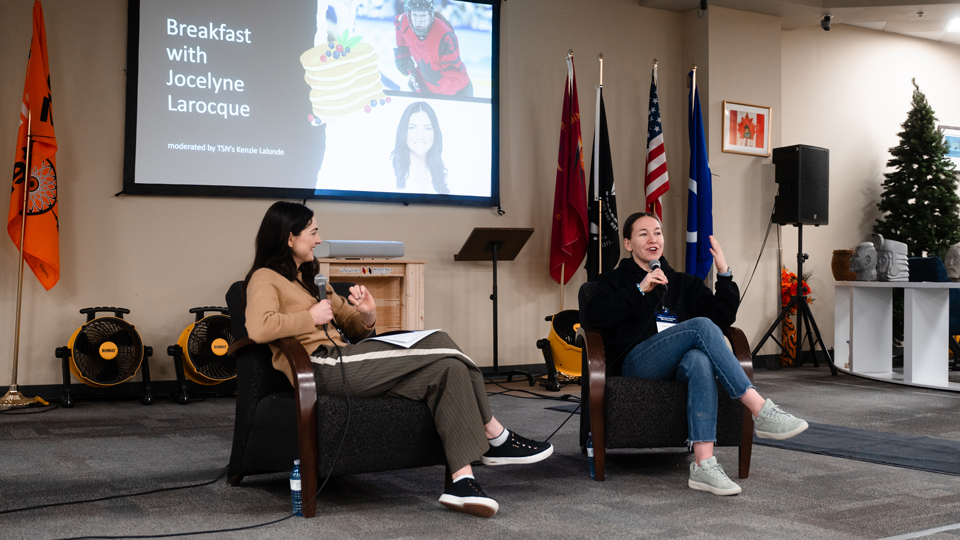 Kenzie Lalonde (left) interviews Jocelyne Larocque during the summit.
Kenzie Lalonde (left) interviews Jocelyne Larocque during the summit.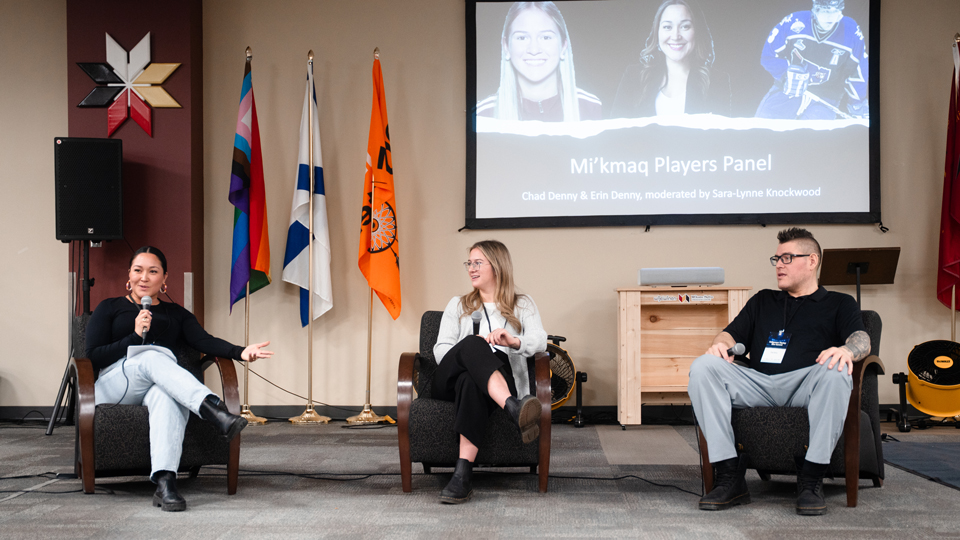 Sara-Lynne Knockwood (left), Erin Denny and Chad Denny during the Mi'kmaw players' panel.
Sara-Lynne Knockwood (left), Erin Denny and Chad Denny during the Mi'kmaw players' panel.

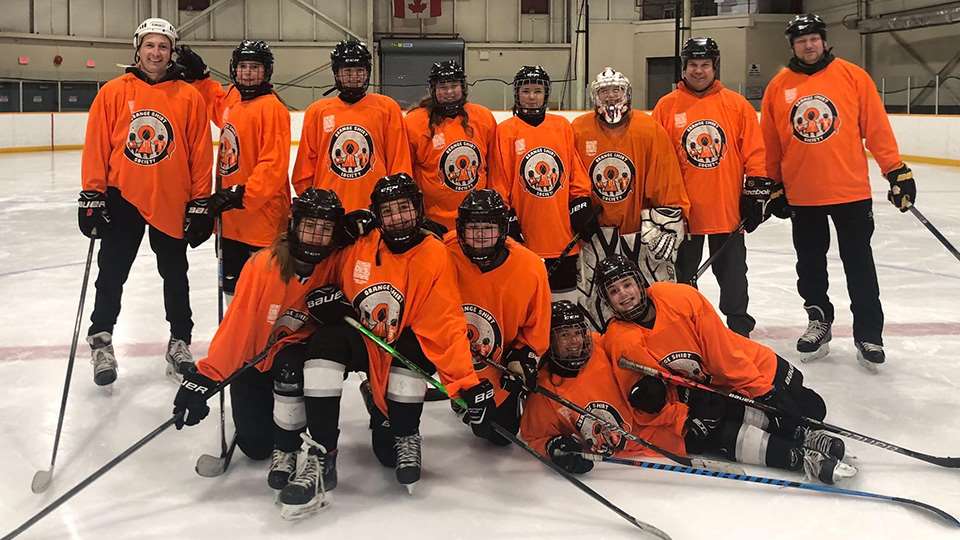
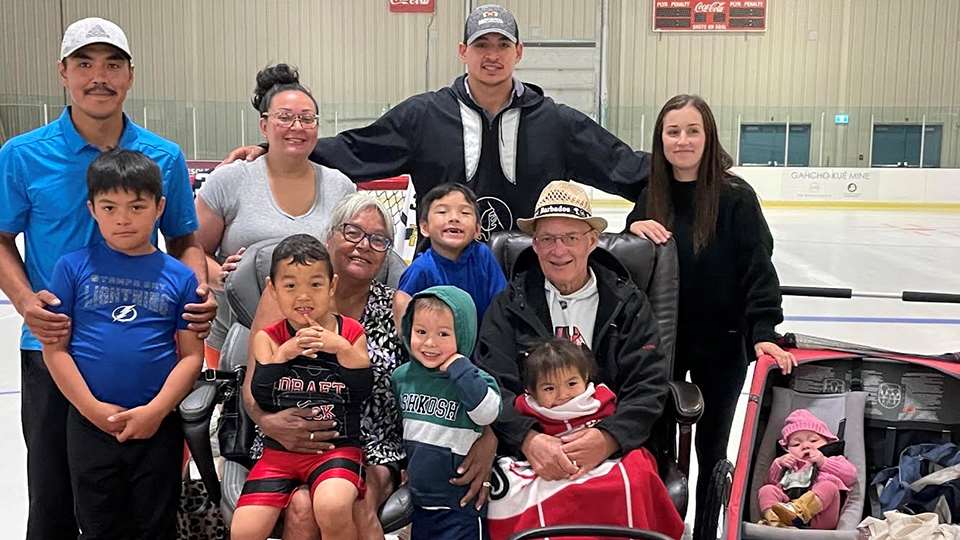
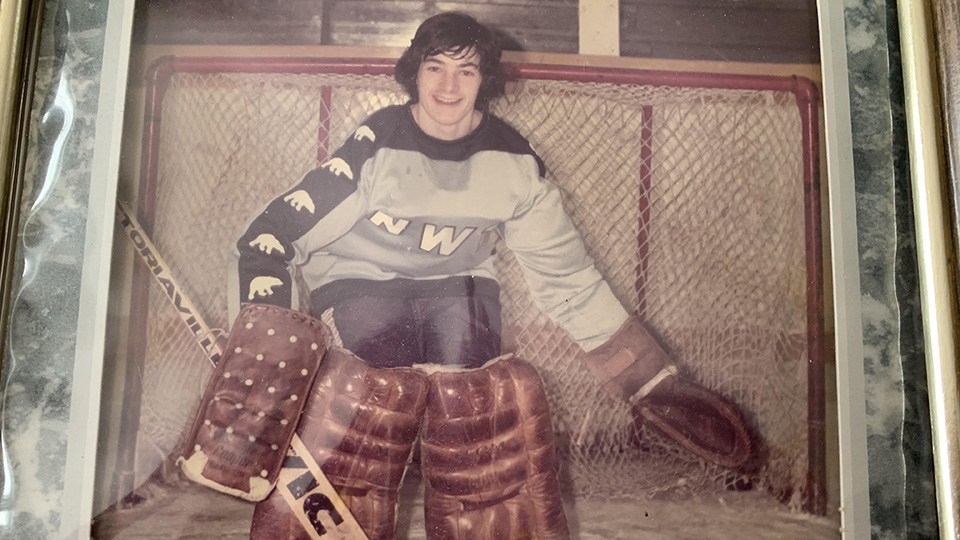

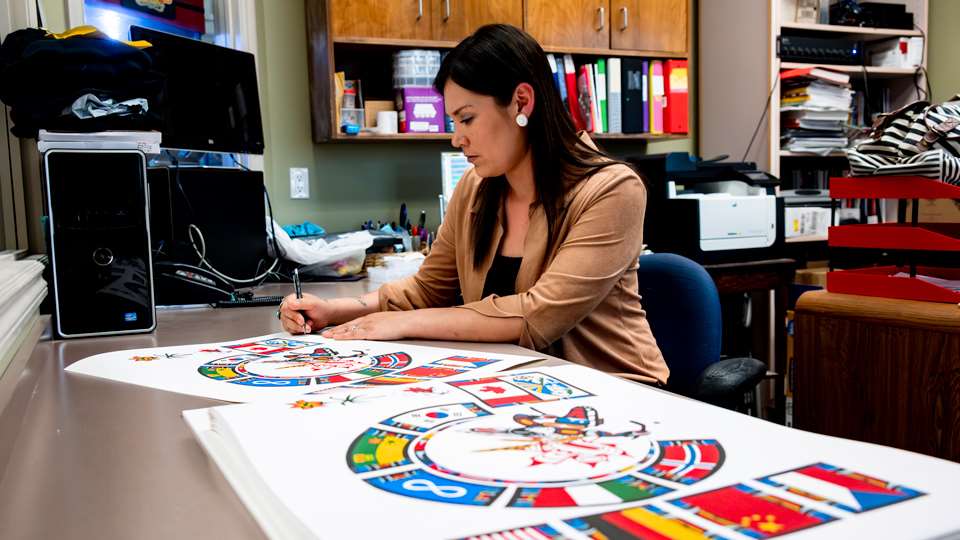
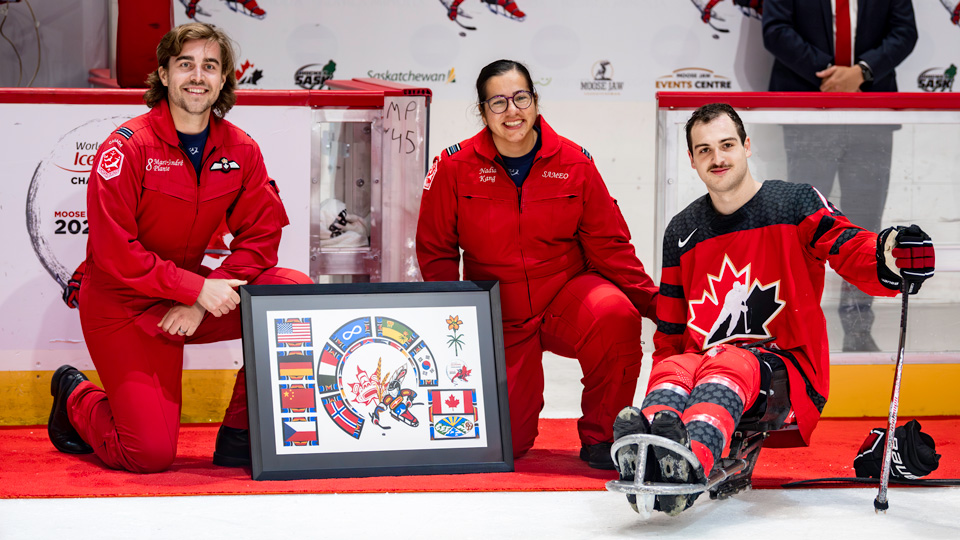 Captain Marc-André Plante and squadron aircraft maintenance engineering officer Nadia Kang of the Canadian Forces Snowbirds present Dominic Cozzolino with the player of the game award on May 29, 2023.
Captain Marc-André Plante and squadron aircraft maintenance engineering officer Nadia Kang of the Canadian Forces Snowbirds present Dominic Cozzolino with the player of the game award on May 29, 2023.
